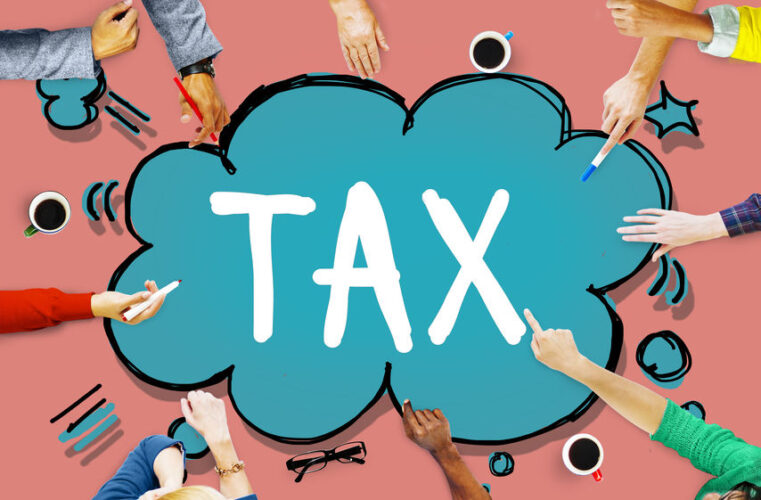Tax implications of scholarships and grants in India, governed by the Income Tax Act, 1961, are crucial for students, researchers, and institutions receiving such funds. With India’s education sector growing understanding these tax rules ensures compliance. How are scholarships and grants taxed, and what are the exemptions? Let’s break it down.
Are Scholarships Taxable?
most scholarships are not taxable in India. According to Section 10(16) of the Income Tax Act, “any scholarship granted to meet the cost of education is fully exempt from tax.” This exemption applies regardless of the amount or whether the scholarship is from a government or private source.
For example, if you receive ₹1,50,000 from a corporate-funded merit scholarship, that entire amount is tax-free—as long as it’s used solely for educational purposes. However, the keyword here is “cost of education.” If any portion of the scholarship is used for other purposes, such as travel or living expenses not directly linked to your studies, that amount could potentially be taxable.
What Happens with Stipends and Grants?
Unlike scholarships, grants and fellowships may be partially taxable, depending on how the money is used. Grants that fund research, especially post-doctoral or professional work, are often treated as stipends. Stipends are taxable if they resemble a salary or payment for services.
For example, junior research fellows (JRFs) receiving monthly stipends from a university may need to declare that income if it isn’t exclusively spent on educational costs. Moreover, if the grant is provided with conditions—such as required work output, attendance, or publication—it could fall under taxable income, as per the Income Tax Department.
Tax Rules for Different Types of Educational Aid:
Different types of scholarships and grants are treated differently under Indian tax law:
- Merit-based scholarships (like those from UGC or CBSE) are completely tax-free if used for education.
- Research fellowships (e.g., from CSIR or ICMR) may include taxable stipends if they exceed actual academic expenses.
- Private grants from companies or foreign bodies are tax-exempt only if they’re clearly meant for educational costs.
- Employer-sponsored education grants may be taxed unless shown as reimbursement for fees.
Moreover, institutions need to issue proper documentation. A clear scholarship letter mentioning the purpose and allocation helps in avoiding future tax disputes.
GST and Scholarships: Any Overlap?
While Income Tax deals with earnings, many people wonder if GST applies to scholarships. As per the Central Board of Indirect Taxes and Customs (CBIC), educational services are generally exempt from GST. Hence, scholarships offered by educational institutions or the government fall outside the scope of GST.
That said, private coaching centres or non-recognized bodies offering “scholarships” as fee discounts might not be exempt. Therefore, verify the source of the grant before assuming it’s tax-free.
Conclusion:
Tax on scholarships and grants offer significant exemptions but require careful reporting to avoid penalties. Educational scholarships and qualifying stipends are exempt, while mixed-purpose or service‑linked grants can be taxable. By understanding these rules and maintaining proper documentation, you can focus more on your studies and less on tax hassles. Explore more tax insights now!
– Ketaki Dandekar (Team Arthology)
Read more about Tax implications of scholarships and grants here – https://www.taxmann.com/post/blog/scholarship-income
